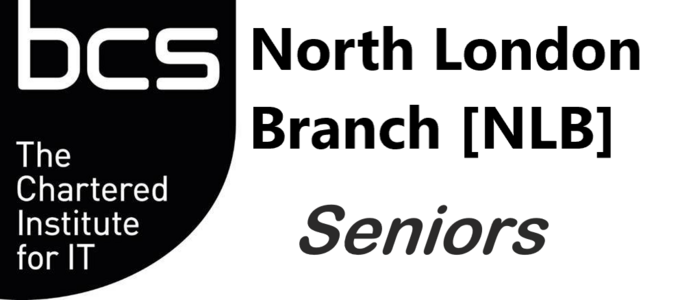All trades and professions use jargon as a means of communicating with like minded colleagues BUT the computer industry seems not to realise that many people have not had computer training. Essential computer and internet communication has been thrust upon all of us regardless of this fact whether we like it or not.
More thought should be considered in the design, creation, code, reviewing (testing) software and websites that are intended for the public use, especially if the product is intended for senior use. Technology expressions, such as an acronym should have an explanation, e.g.: ISP (Internet Service Provider).
Did you know (DYK) that before the Deaf community became the first adopters of text messaging.
DYK disabled people made London transport digital?…
DYK that Steve Jobs was a refugee.
DYK The herstory of coding is woman’s work?
DYK SMS(Short Message Service) was an add-on companies thought would go out with the pager?
The digital world is an entirely different medium to a novel, newspaper or journal…Plain English should always be used with an obvious glossary
Some ICT (Internet Communication Technology) allows footnotes and definitions to appear with a wave of a cursor. Thoughtful use of URL’s (Uniform Resource Locator) code, can sometimes be used to clarify the address to find a website. Sometimes referred as a website address. e.g. this URL – http://www.HEARequality.org.uk - can be read as He Are Quality if all in lower case (a very different meaning). Capitalising part of the address means the message won’t be misunderstood.
There are several helpful glossaries available on the internet if you are capable to search for them: i.e. Ofcom Glossary and abbreviations
There are of course numerous examples but designers must examine their products to ensure seniors understand what they are buying and using. The most cynical of us feel that jargon is deliberately used to mislead the customer!! There are numerous examples of this.
